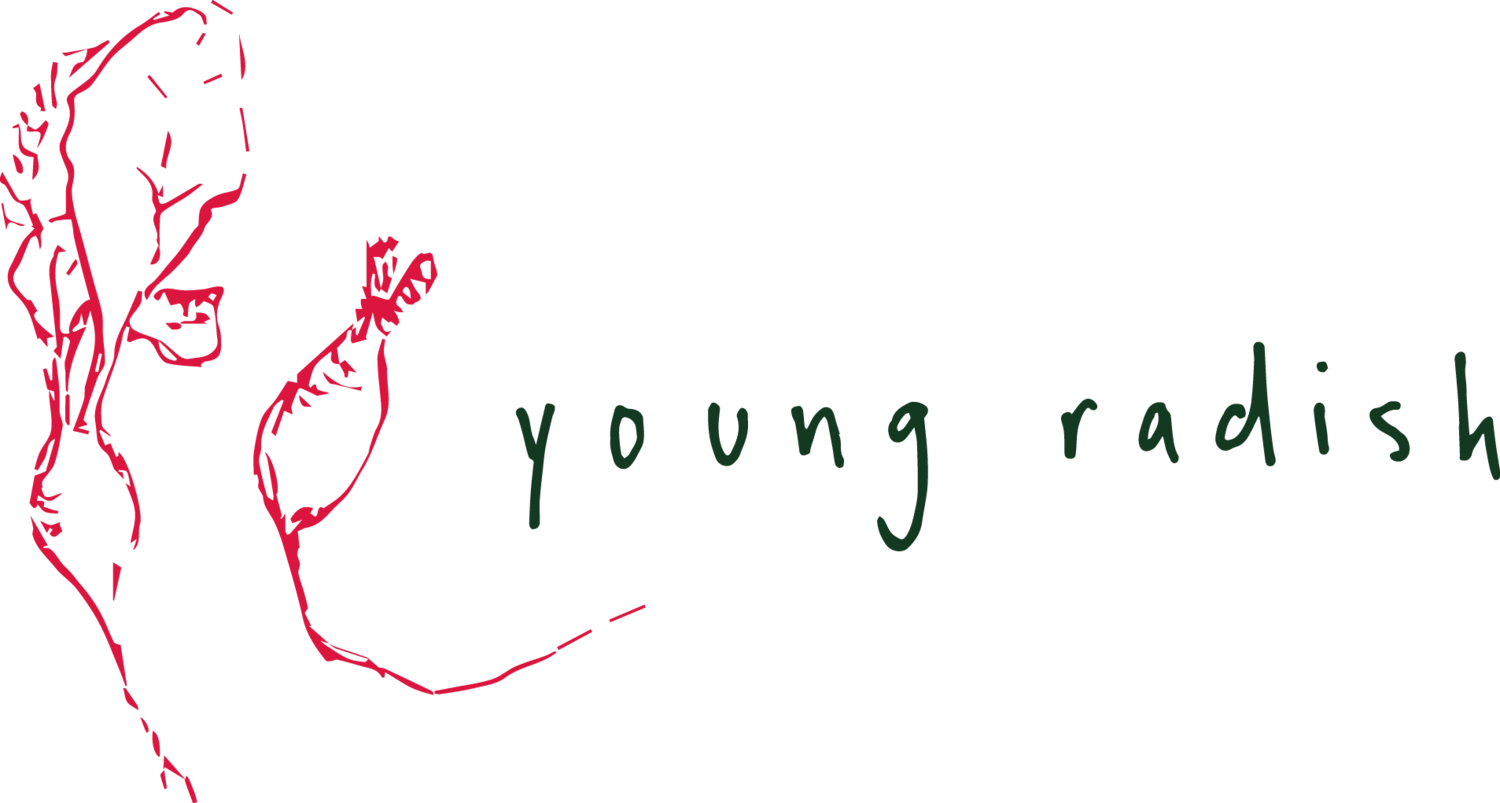Isabella
Blackout poem text from my dad
An Mhaighdean Mhara
Is cosúil gur mheath tú nó gur thréig tú an greann
Tá an sneachta go frasach fá bhéal na trá
Do chúl buí daite is do bhéílín sámh
Siúd chugaibh Mary Chinidh is í i ndiaidh an Éirne shnámh
A mháithrín mhilis duirt Máire bhán
Fá bhruach an chladaigh is fá bhéal na trá
Maighdean mhara mo mháithrín ard
Siúd chugaibh Mary Chinidh is í i ndiaidh an Éirne shnámh
Tá mise tuirseach agus beidh go lá
Mo Mháire bhruinneall is mo Phádraig bán
Ar bharr na dtonnta is fá bhéal na trá
Siúd chugaibh Mary Chinidh is í i ndiaidh an Éirne shnámh
Tá an oíche seo dorcha is tá an ghaoth i ndroch aird
Tá an tseisreach na seasamh is na spéarthaí go hard
Ach ar bharr na dtonnta is fá bhéal na trá
Siúd chugaibh Mary Chinidh is í i ndiaidh an Éirne shnámh
The Sea Maiden
You have deteriorated into
the pleasures of the world
There is an abundance of snow on the mouth of the beach
Locks of golden hair and your snarling smile
Take this ern filled with river water to finish your swim
My sweet little mommy faire
On the banks of the shoreline
My mommy the mermaid
Take this ern filled with river water to finish your swim
This night is dark and the wind is dangerously fierce
The big dippers standing in the high sky
But on top of the waves and by the mouth oh the sea I see myself in
The ern filled with river water to finish your swim
-Translated from Irish by Isabella
Creature
you disappear until no one can see
the world has great loves for you
The beach holds us until we wheeze
oh your young hair and smallmouth
Presenting to you Mary Chinidh the river Erne for her forever swim south
My mom of fair skin
The shore's line’s mouth
my mom of a creature’s twin
Presenting to you Mary Chinidh the river Erne for her forever swim south
the wind is so strong at night
The stars lay the sky in drouth
The peak of the wave so calm it feels right
Presenting to you Mary Chinidh the river Erne for her forever swim south
-Translated from Irish by Isabella
Translator’s statement
Mhaighdean-mhara is an urban folk tale. Irish folklore has a straightforward beauty in how it expresses the soul and pulse of the populace. The heart of Ireland is contained in its folklore as it spins tales of marriage and birth, death and life, and all the quiet in between. All this through heritage. The Irish folk tales are written from the soul of the Gaelic people. The writing is made in a past historical context. However, poems especially in Ireland at this time did not have a direct poet, the poems were made by communities. This poem originated in Northern Ireland and was estimated to be written in 1890. The poem's context entails a mermaid marrying a sailor and growing old with him; however, she wishes to return to the ocean. They are essentially saying goodbye to each other before their forever departure.
During my translation process, I felt very immersed in the Irish Gaelic language. My translation mentor was very helpful in giving me information on how this poem has always been a part of Irish culture due to its strong roots and connections to the culture. This poem in particular, my translation mentor stated, is always misinterpreted in other languages. Most commonly, “wife divorces husband” instead of “mermaid’s siren away”. My mentor says this is upsetting because most kids in Northern Ireland grow up with this poem as a children’s song. After hearing this I wanted to be sure to keep the meaning of the poem intact and translate accurately. I focused on two features: the first voices and the second rhyme.
When focusing on voices, my translator told me that people from west Ireland think the poem is from three different perspectives. The mermaid, the sailor, and her daughter. Now, although this is well defined in the poem, I really did imagine the different voices during my first translation. In order to make this more clear to readers, I made each paraphrase sound more mature for the sailor and younger for the daughter using languages such as mommy and dad. For the mermaid, I focused on the emotion because she desperately wants to return back to the ocean so I made her sound sad and lonely. After adding in these tones now the stanzas sound like a conversation.
When working with a rhyme I made sure to keep the very intricate vocabulary by adding a twist to the end of every stanza in order to make it rhyme with the one prior. I pushed to keep the original origin in the poem but with adding another feature. The rhyme compliments the emotion of the poem between the mermaid and the sailor.
For my blackout poem, I interviewed my parents about our Irish heritage. Throughout this process, some questions came up, like, “Why don’t we know more about our heritage?” I feel like there are many people who don’t know much about their language because it usually doesn’t get passed down. Also, some languages are oppressed to nothing. This made it illegal for some to speak their heritage language. Afterward, I put everything I gathered from my interview together and slowly selected words and phrases. Going into this I didn't have a specific idea and I just went with the flow. This made me end up with a poem on how the Irish language is slipping away from the world slowly with it becoming more oppressed and less commonly taught.
Bibliography
Wood, David. “An Mhaighdean Mhara.” Song of the Isles, 3 Oct. 2012, songoftheisles.com/2012/10/03/an-mhaighdean-mhara/. Accessed 24 Apr. 2023.
*
Isabella is a high school student. She enjoys reading any type of books and participates in many extracurricular activities.

